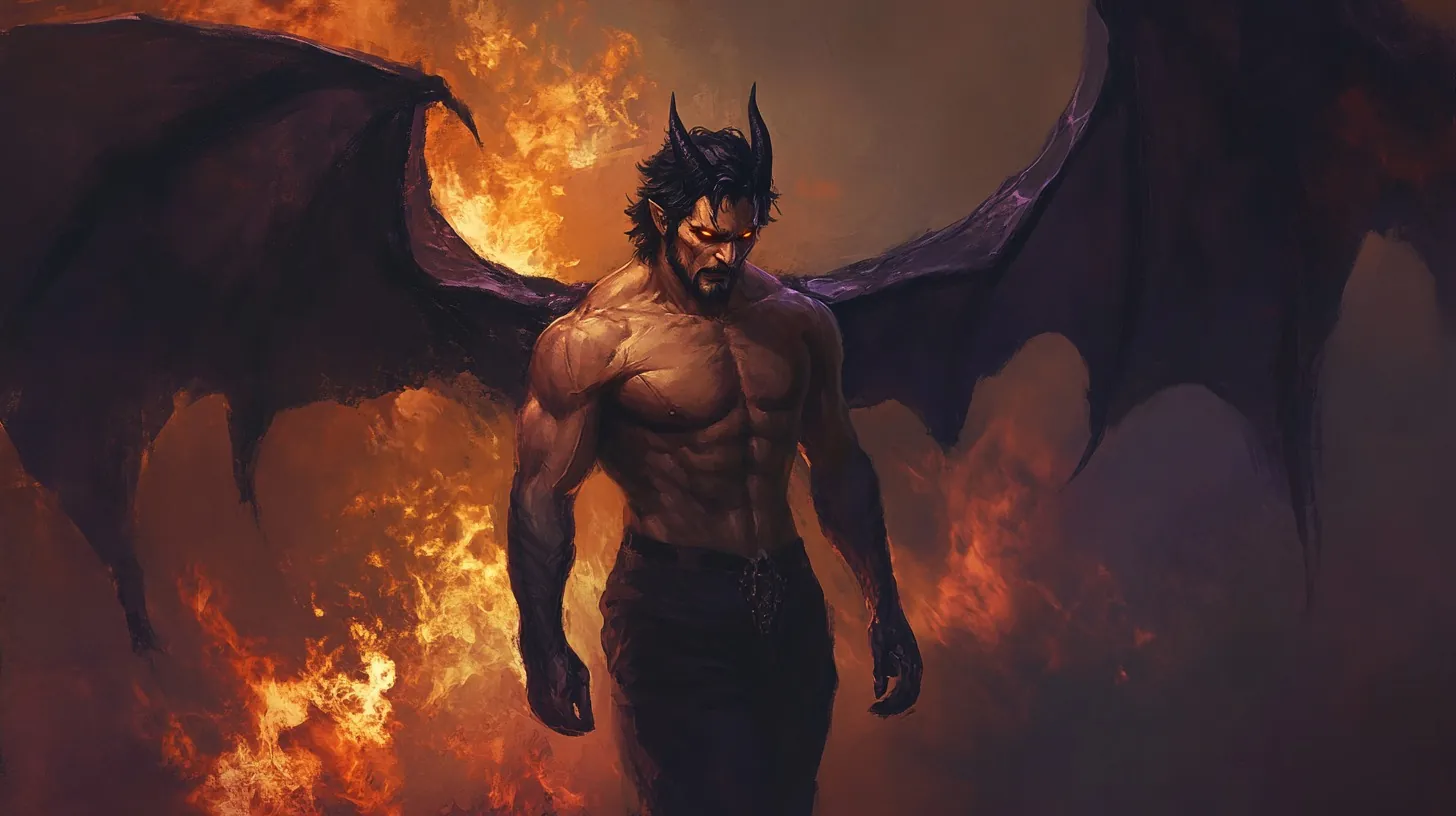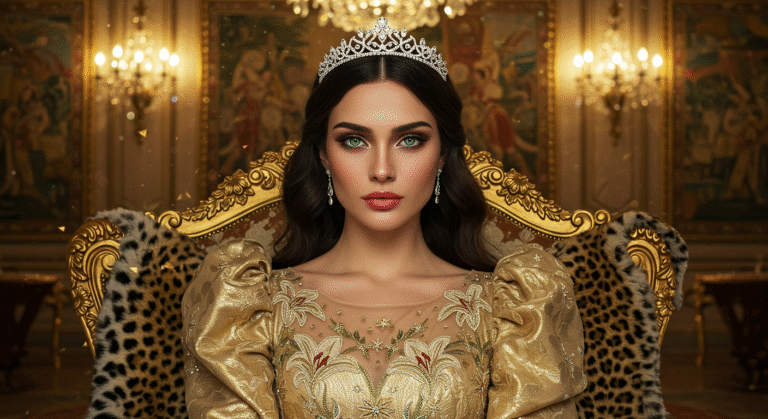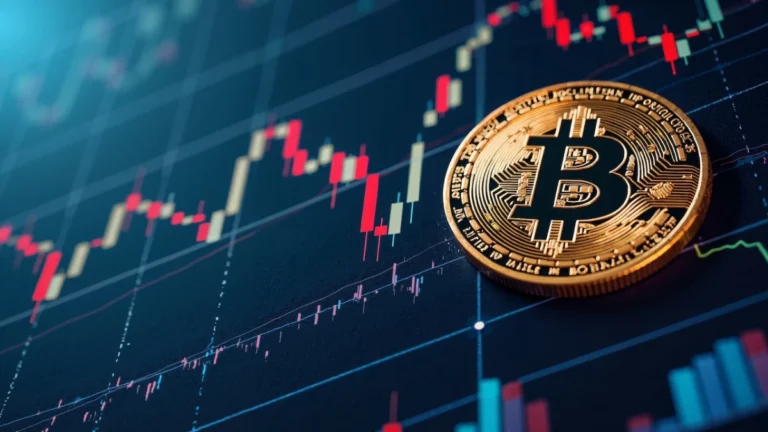Inside Male Demon Names and the Mysterious Meanings Behind Their Origins
The concept of demons has fascinated and terrified people across cultures for centuries. From ancient scriptures to folklore, literature, and modern entertainment, demons represent darker forces that challenge the boundaries of morality, faith, and human imagination. Among these supernatural entities, male demon names hold special significance because they often symbolize power, destruction, and temptation. These names are more than just words—they carry historical, cultural, and even linguistic weight. Many are drawn from ancient mythologies, while others evolved through religious texts or popular culture.
Understanding male demon names provides a window into how societies perceived evil forces and how these figures were woven into stories of fear, caution, and even rebellion. Whether you’re exploring the subject for cultural study, creative writing, or personal curiosity, diving into the world of male demon names reveals a fascinating blend of mythology, history, and symbolism that continues to influence our modern imagination.
Why Male Demon Names Matter
Male demon names are not just random labels—they often embody themes of fear, darkness, and rebellion. Writers, historians, and spiritual traditions have used these names to represent struggles between good and evil. They also serve as a way to warn against destructive behaviors and temptations in human life.
Some reasons male demon names matter include:
- Cultural Influence: Many cultures shaped their understanding of good and evil through demons.
- Symbolism: Each demon name carries traits such as greed, violence, lust, or pride.
- Creative Inspiration: Writers, artists, and game developers often use these names for storytelling.
- Psychological Impact: The very sound of certain names can evoke fear or respect.
What Are Male Demon Names
Male demon names are names historically associated with malevolent spirits, gods turned dark, or rebellious angels. They appear in:
- Religious Texts: Such as the Bible, Quran, and Hindu scriptures.
- Mythology: From Greek, Mesopotamian, Norse, and other traditions.
- Folklore: Legends passed down through generations often describe male demons with distinct names.
- Pop Culture: Movies, novels, anime, and video games often revive these names to add depth and intensity.
These names often symbolize more than just evil—they embody human weaknesses and the eternal battle against temptation.
How Male Demon Names Are Classified
Male demon names can be classified into several categories depending on their origins and meanings:
- Biblical and Religious Origins
- Lucifer: The fallen angel who defied God.
- Beelzebub: Associated with gluttony and one of the seven princes of Hell.
- Asmodeus: Demon of lust, often mentioned in Jewish and Christian traditions.
- Lucifer: The fallen angel who defied God.
- Mythological Roots
- Hades: Though not strictly a demon, often misunderstood as one due to ruling the underworld.
- Pazuzu: A Mesopotamian demon known for bringing plagues.
- Loki: A Norse trickster god sometimes viewed as demonic.
- Hades: Though not strictly a demon, often misunderstood as one due to ruling the underworld.
- Cultural and Folklore Names
- Oni: Japanese male demons symbolizing violence and wrath.
- Rakshasa: Malevolent beings from Hindu and Buddhist traditions.
- Vetala: Spirits in Indian folklore associated with possession.
- Oni: Japanese male demons symbolizing violence and wrath.
- Modern Adaptations
- Spawn, Mephisto, or even fictional names used in fantasy and gaming worlds.
- Spawn, Mephisto, or even fictional names used in fantasy and gaming worlds.
Which Are the Most Popular Male Demon Names
Some male demon names are more widely recognized due to their recurring use across texts and media. These include:
- Lucifer – Perhaps the most famous, representing pride and rebellion.
- Beelzebub – Known as the “Lord of the Flies.”
- Asmodeus – A symbol of lust and desire.
- Baal – Once a deity, later demonized in biblical texts.
- Pazuzu – Revived in modern horror films like The Exorcist.
- Belial – Associated with worthlessness and lawlessness.
- Mammon – Embodiment of greed and wealth.
These names are frequently referenced in literature, games, and films, making them iconic representations of darkness and evil.
Who Uses Male Demon Names Today
Male demon names are used in different ways today, depending on the context:
- Writers & Storytellers: To create villains or complex dark characters.
- Gamers & Developers: As names for powerful bosses, monsters, or characters.
- Occult & Spiritual Circles: Some groups use these names in rituals or symbolic references.
- Pop Culture Enthusiasts: Anime, films, and books often revive these names for dramatic effect.
Examples:
- Anime such as Blue Exorcist or Black Clover reference male demon names.
- Video games like Diablo or Doom frequently feature classic demon names.
- Novels by authors like Milton (Paradise Lost) shaped modern perceptions of Lucifer.
Final Thoughts
Male demon names are more than labels of evil—they’re part of humanity’s shared cultural and religious history. From the ancient myths of Mesopotamia and Greece to the texts of Abrahamic religions and the modern pop culture universe, these names have evolved but continue to evoke awe, fear, and curiosity.
Understanding these names allows us to see how societies have defined their struggles with morality, temptation, and the unknown. Whether you’re a writer searching for inspiration, a researcher studying myths, or someone fascinated by the darker side of history, male demon names open a door to endless exploration.
Clearing Up Confusion (FAQs)
Q1: Are all male demon names evil by definition?
Not necessarily. Some names originally belonged to gods or spirits and were later demonized by different cultures.
Q2: Which male demon name is most feared?
Lucifer is often considered the most feared and recognized worldwide due to his association with rebellion against divine order.
Q3: Can male demon names be used in writing or gaming safely?
Yes, they are commonly used in creative works. However, in spiritual or religious contexts, some people may find them offensive.
Q4: Are male demon names the same across cultures?
No, each culture has its unique names and interpretations, though some overlap due to historical influence.
Q5: Why are male demon names popular in pop culture today?
They add depth, fear, and complexity to storytelling, making characters and plots more engaging.






